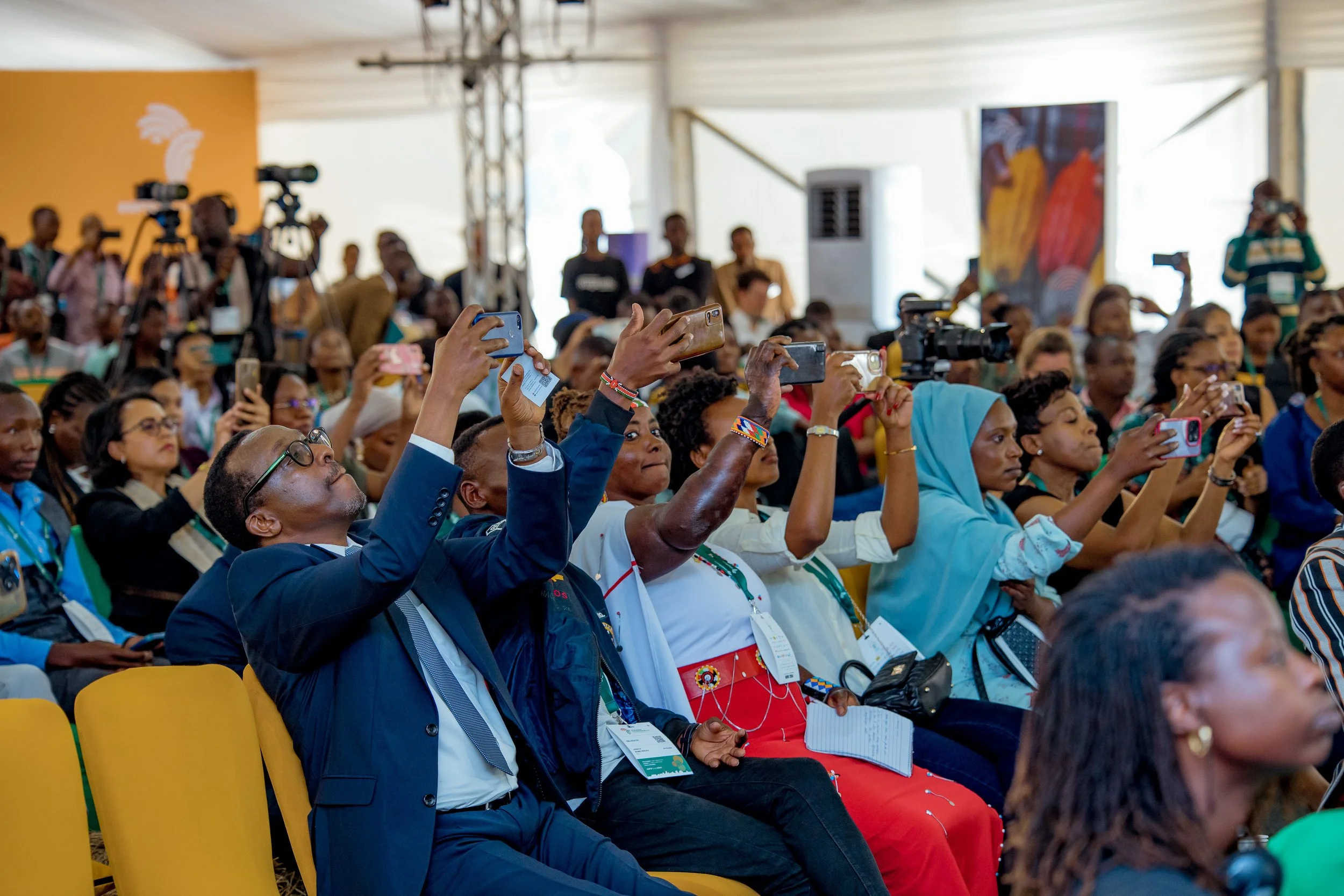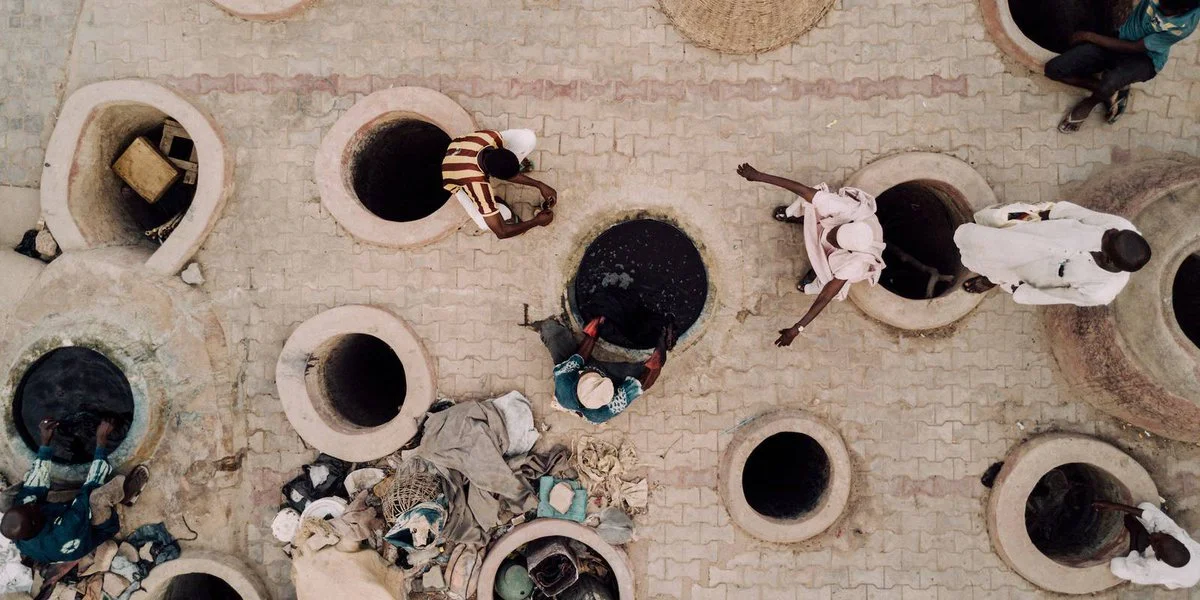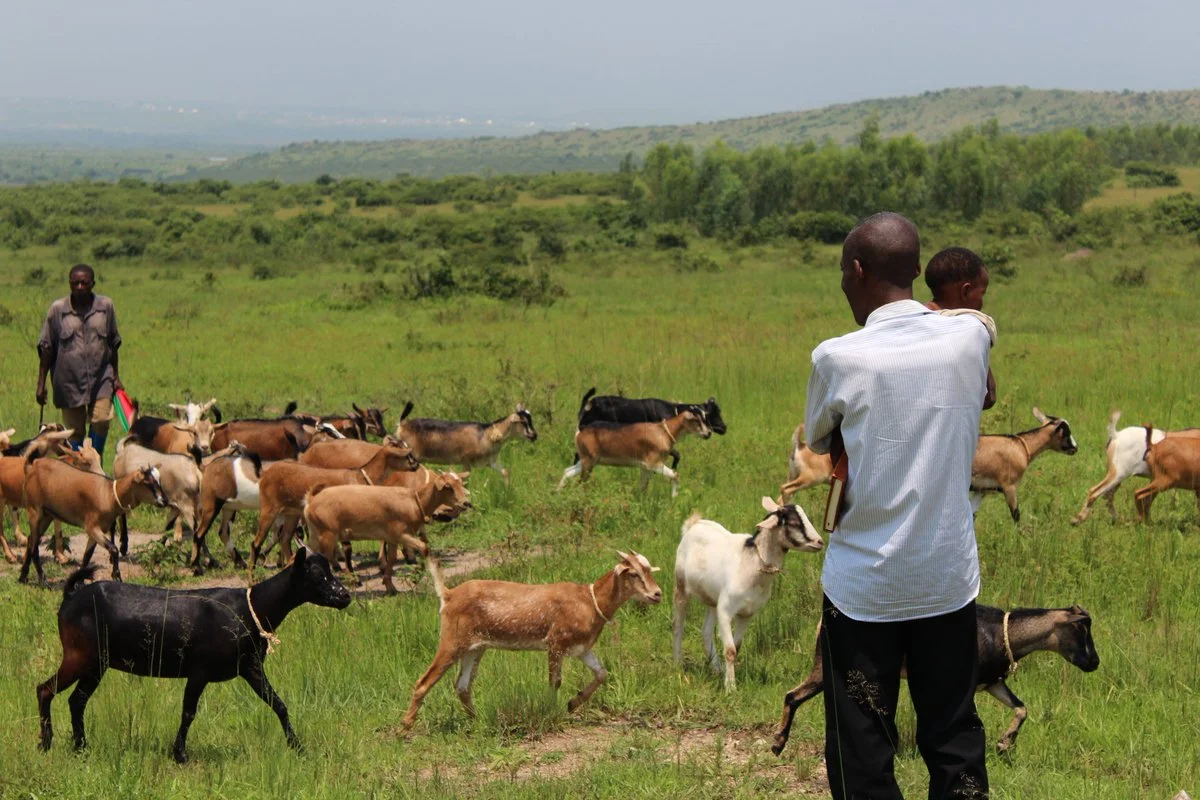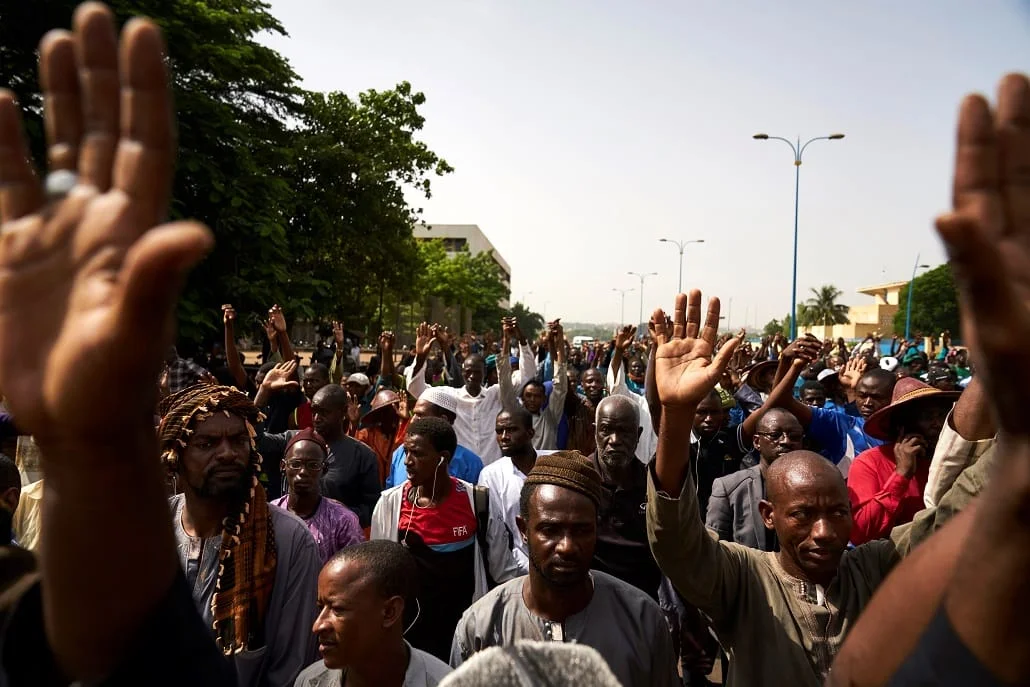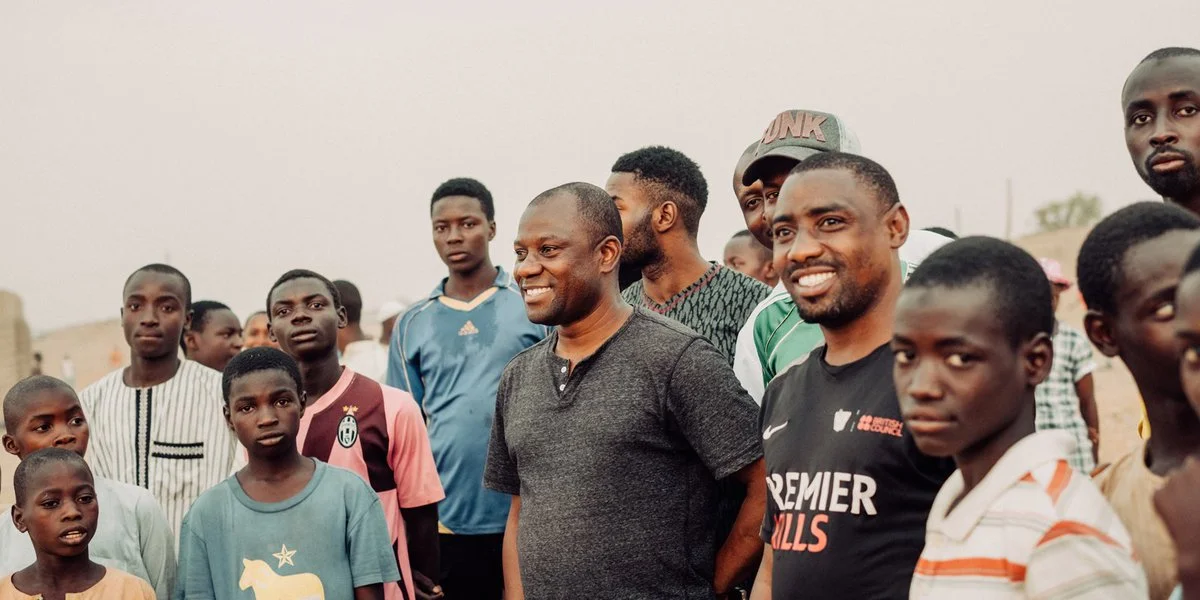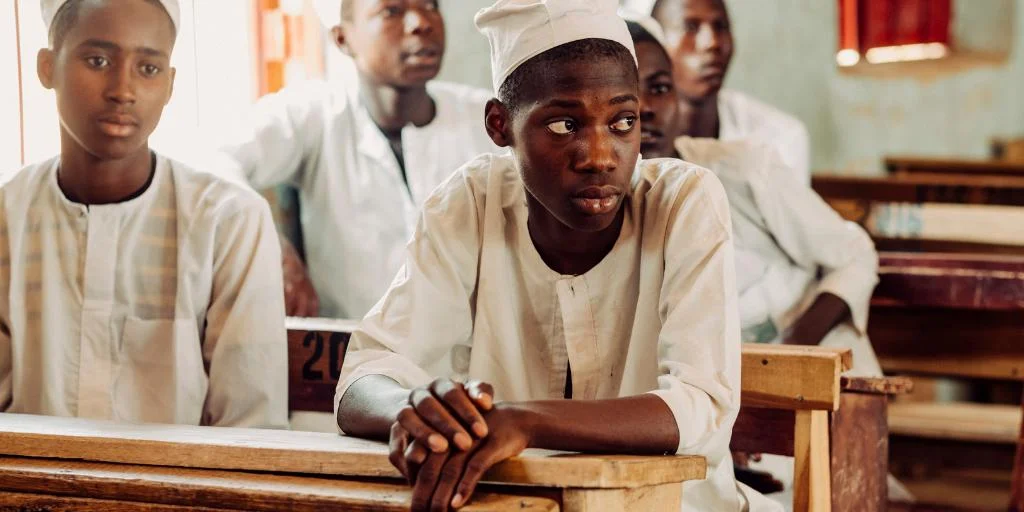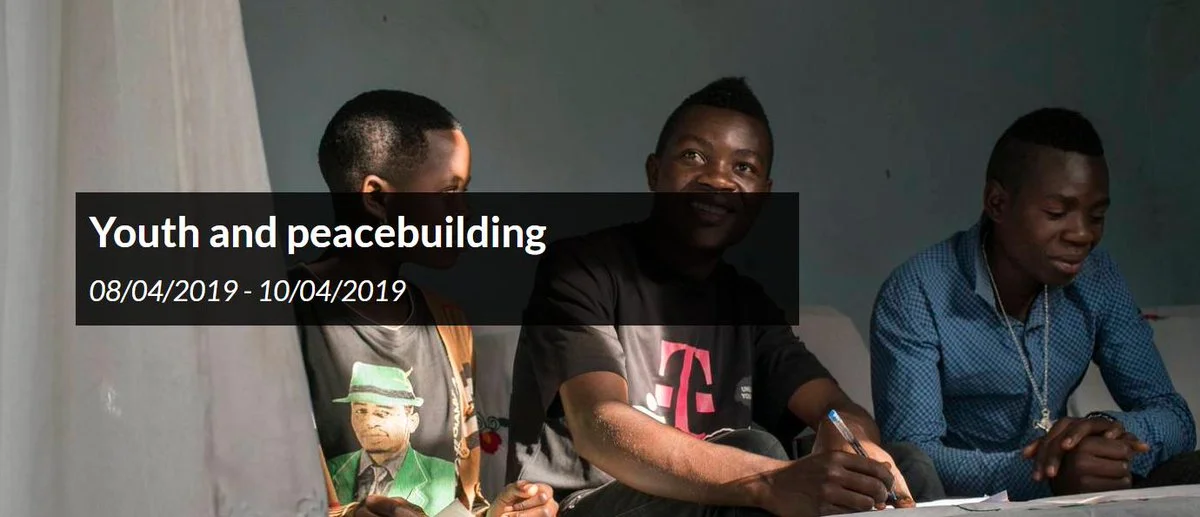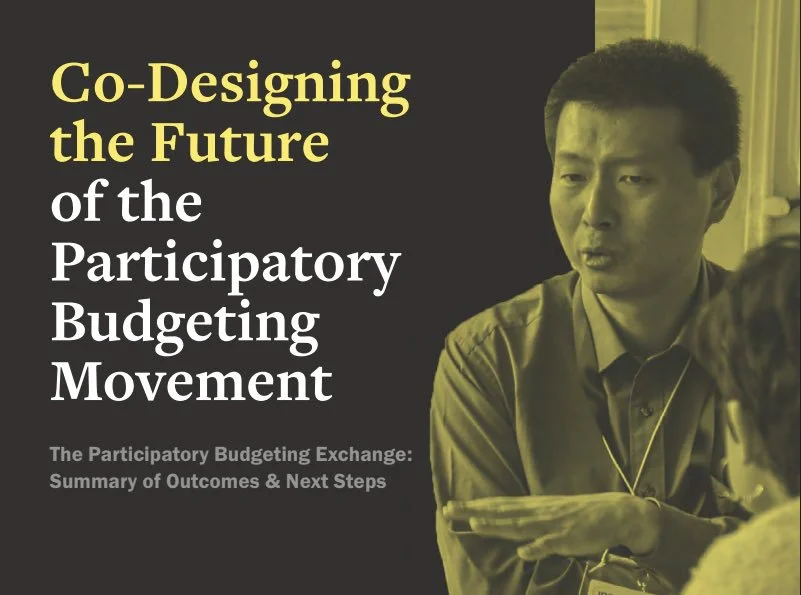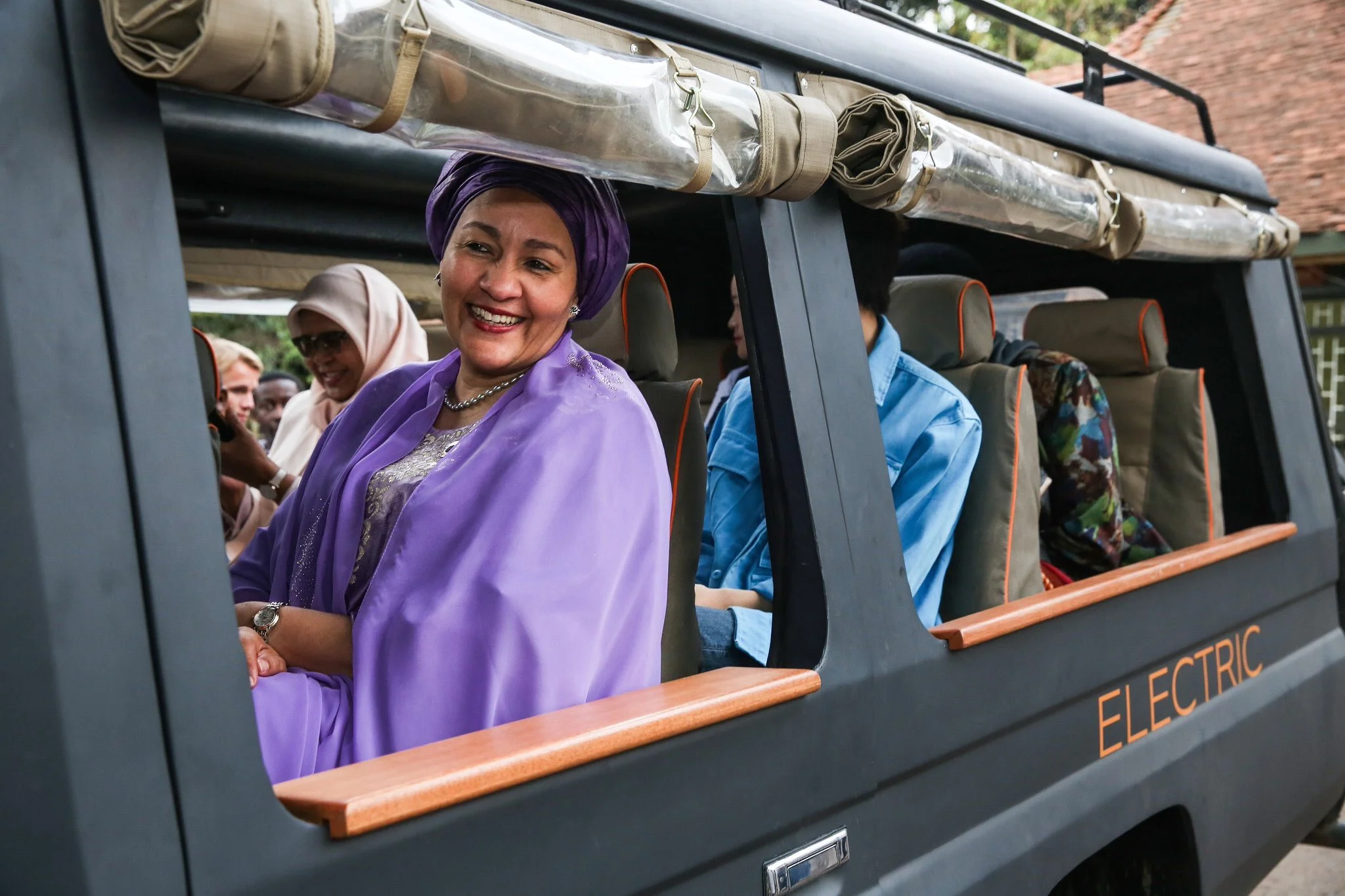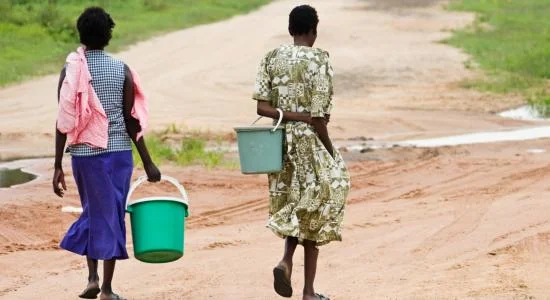Youth who live in countries where violent conflict has taken place have the capacity to engage in conflict transformation and peacebuilding efforts. They can be an important asset when it comes to shaping and engaging in peace dialogues and processes, often acting as advocates for new perspectives and innovative ideas. The constructive role that young people can play, however, is often overlooked by communities and decision makers, who fail to perceive them as legitimate stakeholders.
Part of the problem here is that non-youth actors play into the mantra of youth being “the leaders of tomorrow”, expecting youth to defer to the older generations and wait for their turn to assume leadership roles. However, the development of these ‘future’ youth leaders in peacebuilding is contingent on adult leaders’ recognition and appreciation of the knowledge, potential, and capacity youth have today as agents of social change.

